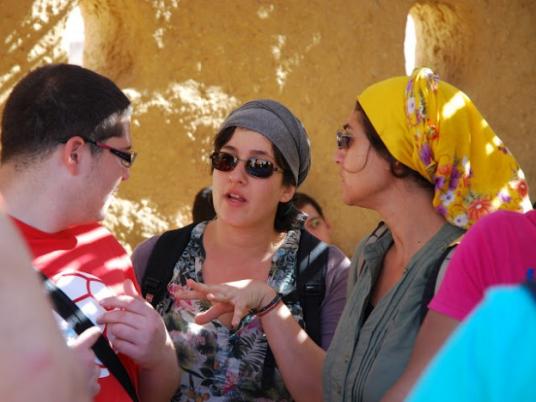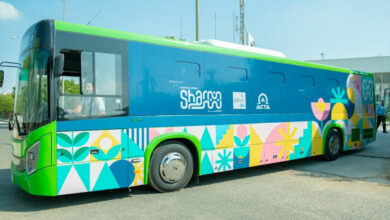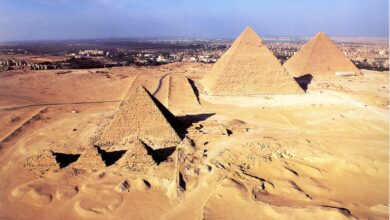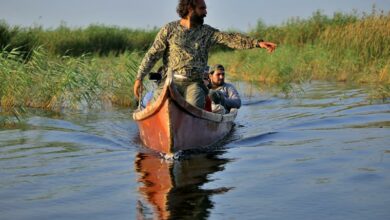
A new educational environmental travel project, “Dayma,” offers a creative and alternative gateway to discovering and embracing Egypt’s natural beauty.
Dayma, which means everlasting, enduring and sustainable in Arabic, perfectly describes what the project aims to encourage.
Dayma’s founders are Sara al-Sayed and Betty Khoury, two biologists with previous work experience in environmental education. They embarked on this project with the intention to build a unique educational environmental enterprise with a long-term, sustainable view by seeking to give back to the local communities they engage with.
Planned journeys, currently targeting the youth from high school, university or young professionals, provide an opportunity to discover nature alongside Egypt’s diverse peoples through a wide range of educational activities.
Speaking to Egypt Independent, Sayed and Khoury explain: “We seek to provide a guided discovery to some of Egypt’s most wondrous natural destinations while building lasting connections with individuals that embrace sustainable lifestyles and responsible forms of tourism.”
Journeys take place in selected locations throughout Egypt over a period of four to 10 days. The travel plan and the activities are tailored to suit each age group with the aim of building the youths' capacities while aiding them to better understand nature’s genius.
Both Sayed and Khoury have studied biomimicry, whose disciplinary richness serves as a central pillar for this project. Biomimicry, which stems from the word “Bios,” meaning life, and “mimesis” which means to imitate, is a revolutionary discipline which seeks to find the means to consciously emulate the patterns and processes found in nature in order to promote sustainability.
“Biomimicry creates a process to evolve the way people think; it provides tools to be able to understand how eco-systems around us work by getting the youth immersed in the ecosystem through the setting of an outdoor classroom,” Sayed explains.
Functions, processes and systems found in nature are analyzed to trigger creative designs and a means to imitate them in order to create products or systems for a more sustainable form of living. Creativity and innovation thus become key; they provide the means to expand the human mind.
“Targeting youth for this educational environmental project is important in order to expand their minds while empowering them to work toward sustainable living as they embark on becoming active citizens,” Khoury says.
The goal, according to Sayed, is not to obliterate what has been achieved in terms of development as proponents of the “back to basics” mantra seek to achieve, but to move forward with an alternative view that seeks to incorporate humans into the natural environment as opposed to imposing ourselves on it, and in the process, destroying our environment.
As part of their long-term plan, Dayma plans to document natural and cultural realms with hopes that others may be able to utilize this information in projects aimed at cultivating sustainability in Egypt.
They also hope to create a platform to endorse eco-tourism, since it perfectly fits the project’s principals in light of their commitment to becoming positive agents of change and development in Egypt’s future.




